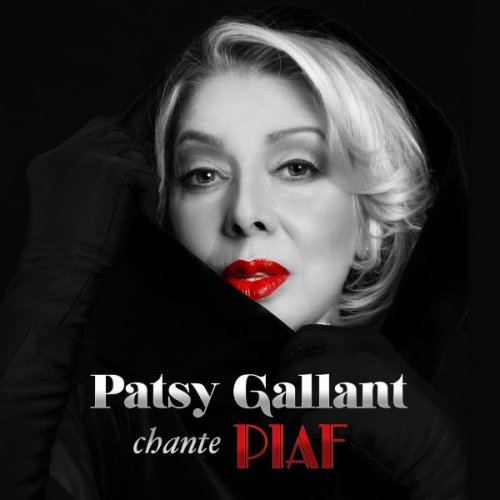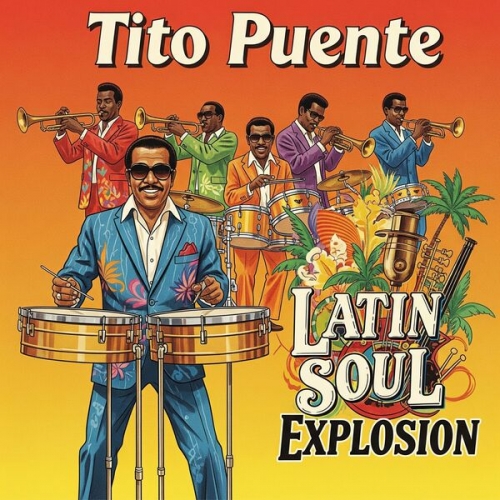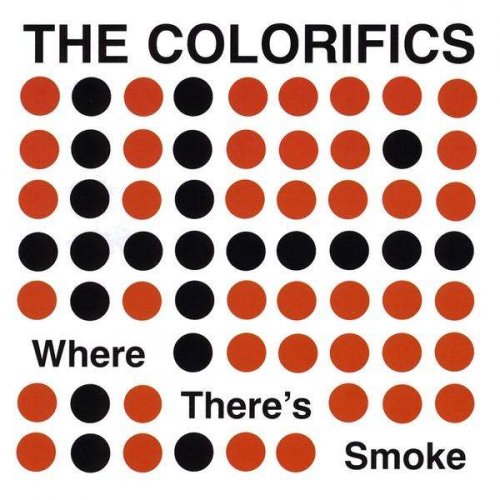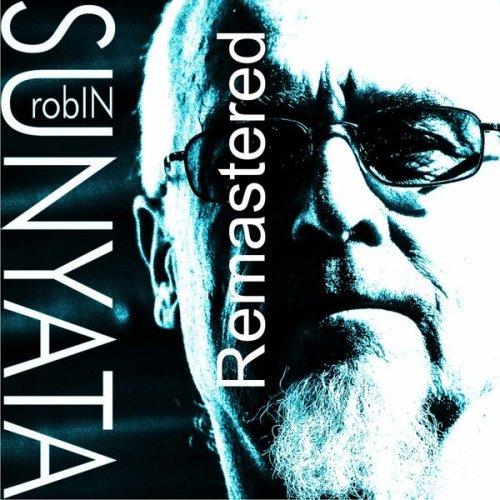WDR Rundfunkorchester Köln, Markus Poschner & Manuel Hernandez-Silva - Haydn: Opera Gala (2016)
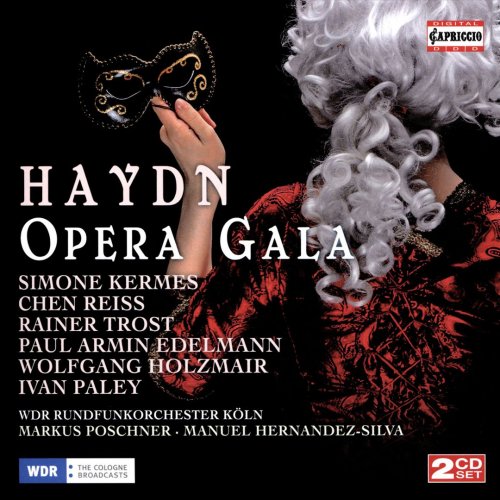
Artist: WDR Rundfunkorchester Köln, Markus Poschner & Manuel Hernandez-Silva
Title: Haydn: Opera Gala
Year Of Release: 2016
Label: Capriccio
Genre: Classical
Quality: FLAC (image + .cue, log, artwork)
Total Time: 2:22:09
Total Size: 692 MB
WebSite: Album Preview
Tracklist:Title: Haydn: Opera Gala
Year Of Release: 2016
Label: Capriccio
Genre: Classical
Quality: FLAC (image + .cue, log, artwork)
Total Time: 2:22:09
Total Size: 692 MB
WebSite: Album Preview
Disc 1
L’infedeltà delusa
1. Overture [8:18]
Act 1
2. Introduzione: Bella sera ed aure grate [9:52]
3. Sandrina’s aria: Che imbroglio e questo! [4:16]
4. Nanni’s aria: Non v’e rimedio [3:38]
5. Vespina’s aria: Come piglia si bene la mira [6:51]
6. Duetto Vespina – Nanni: Son disperato [4:37]
7. Finale I: O piglia questa! [4:09]
Act 2
8. Filippo’s aria: Tu sposarti alla Sandrina? [6:43]
9. Vespina’s aria: Trinche vaine allegramente [1:40]
10. Nencio’s aria: Oh che gusto! [4:05]
11. Sandrina’s aria: E la pompa [5:22]
12. Finale II: Nel mille settecento [5:17]
Disc 2
La vera costanza
1. Sinfonia [5:43]
Act 1
2. Introduzione: Che burrasca! Che tempesta! [6:01]
3. Masino’s aria: So che una bestia sei [2:33]
4. Rosina’s aria: Con um tenero sospiro [4:07]
5. Vilotto’s aria: No sperate mi didisco [2:43]
6. Conte’s recitative and aria: Mira il campo all’intorno ... A trionfar [6:19]
7. Finale I: Bel godere la campagna [12:21]
Act 2
8. Duet Masino – Vilotto: Massima filosofica [2:23]
9. Ernesto’s aria: Per pieta vezzosi rai [3:46]
10. Rosina’s recitative and aria: Misera chi m’ajuta ... Dove fuggo [5:28]
11. Vilotto’s aria: Gia la morte in manto nero [4:14]
12. Conte’s recitative and aria: Ah, non minganno ... Or che torna il vago aprile [4:38]
13. Finale II: Animo risoluto [6:42]
14. Duet Rosina – Conte, Finale II: Ah, dove la mia Rosina? [10:19]
Haydn Opera Rarities with Top Stars! Although Joseph Haydn is still regarded above all as a master of instrumental music, he was also a contemporary of the future as an opera composer. For a not unsubstantial length of his life, he chiefly devoted himself to this genre as the opera director of Prince Esterházy, he headed over a thousand opera productions in Esterháza including the ‘hits’ of the time as well as stage works of his own. It is unusual and a pointer to the future that women take control in both operas presented here. In addition, these female protagonists are people of flesh and blood, strong and pragmatic the spirit of the Enlightenment can be sensed.
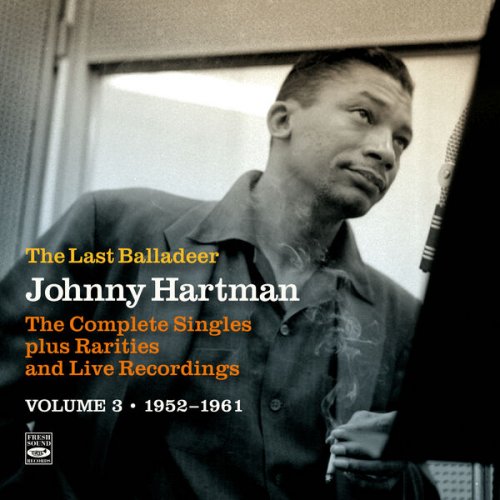
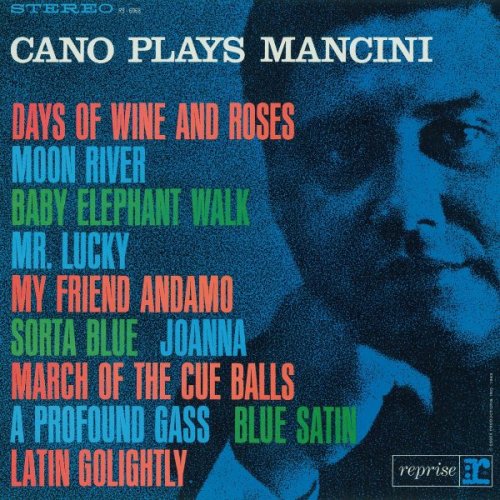
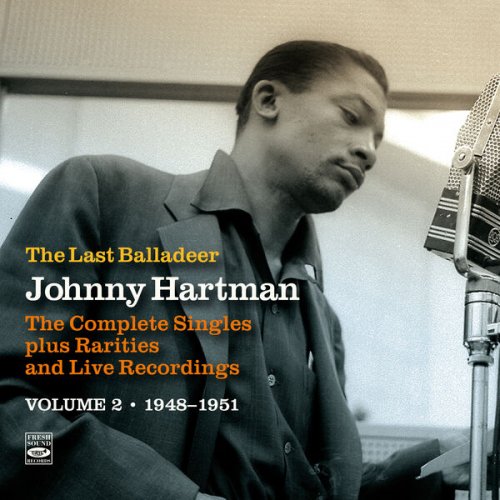
![Maluca Beleza - Des Rivages (2026) [Hi-Res] Maluca Beleza - Des Rivages (2026) [Hi-Res]](https://www.dibpic.com/uploads/posts/2026-02/1772208763_cover.jpg)

